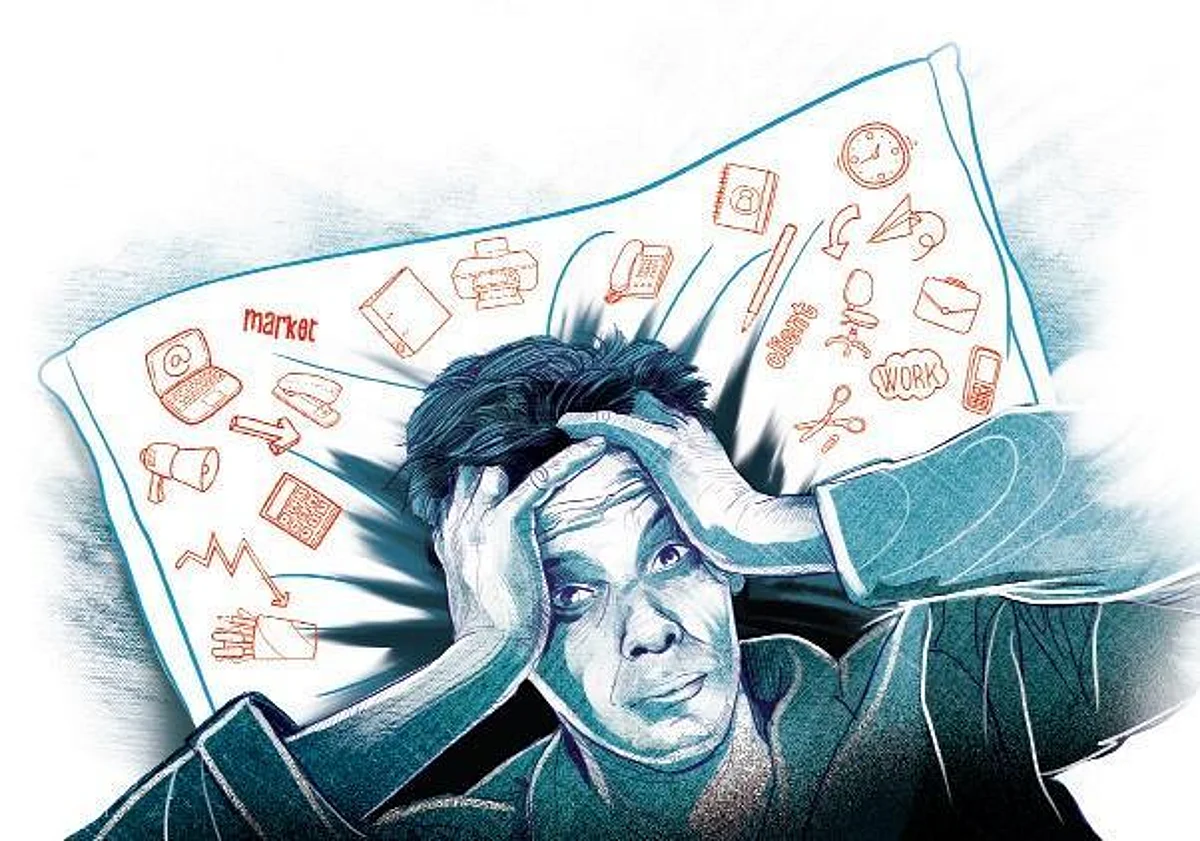Chronic Sleep Deprivation: A Silent Threat to Your Health and Well-being

The Growing Epidemic of Sleepless Nights
In today's fast-paced world, sleep often takes a backseat. We prioritize work, social commitments, and endless to-do lists, frequently sacrificing precious hours of rest. But what happens when those occasional sleepless nights turn into a chronic problem? The consequences can be far more serious than just feeling tired the next day. Increasingly, research is linking chronic sleep deprivation to a heightened risk of developing serious lifestyle diseases.
Consider the story of Anil Kumar, a 42-year-old chartered accountant from Kochi. It started subtly – waking up at 2 am most nights and struggling to drift back to sleep. Initially, he dismissed it as stress related to his demanding job. However, as the pattern persisted, he began to experience other concerning symptoms: increased irritability, difficulty concentrating, and a noticeable decline in his overall energy levels.
The Science Behind the Connection
The link between sleep and health isn't just anecdotal; it's firmly rooted in science. During sleep, our bodies perform vital restorative functions. These include repairing tissues, consolidating memories, and regulating hormones. Chronic sleep deprivation disrupts these processes, creating a cascade of negative effects.
Hormonal Imbalance: Lack of sleep throws our hormonal balance out of whack. For instance, sleep deprivation increases levels of cortisol, the stress hormone, and decreases levels of leptin, a hormone that regulates appetite. This can lead to increased cravings for unhealthy foods and weight gain. Simultaneously, it can lower ghrelin, the hormone that signals fullness, further contributing to overeating.
Inflammation: Sleep is crucial for regulating the inflammatory response in the body. Insufficient sleep triggers chronic inflammation, a major contributor to many lifestyle diseases, including heart disease, diabetes, and even some cancers.
Metabolic Dysfunction: Sleep deprivation impairs the body's ability to process glucose effectively, increasing the risk of insulin resistance and type 2 diabetes. It also negatively impacts lipid metabolism, raising levels of harmful cholesterol.
Lifestyle Diseases at Risk
The diseases most closely linked to chronic sleep deprivation include:
- Cardiovascular Disease: High blood pressure, heart attacks, and strokes are all more common in people who consistently get too little sleep.
- Type 2 Diabetes: Impaired glucose metabolism due to sleep loss significantly increases the risk.
- Obesity: Hormonal imbalances and increased cravings contribute to weight gain and obesity.
- Mental Health Disorders: Sleep deprivation can exacerbate anxiety, depression, and other mental health conditions.
What Can You Do?
The good news is that addressing sleep deprivation can significantly reduce your risk of developing these lifestyle diseases. Here are some practical steps you can take:
- Establish a Regular Sleep Schedule: Go to bed and wake up around the same time each day, even on weekends.
- Create a Relaxing Bedtime Routine: Wind down with a warm bath, reading, or gentle stretching.
- Optimize Your Sleep Environment: Ensure your bedroom is dark, quiet, and cool.
- Limit Screen Time Before Bed: The blue light emitted from electronic devices can interfere with melatonin production.
- Avoid Caffeine and Alcohol Before Bed: These substances can disrupt sleep patterns.
- Consult a Healthcare Professional: If you're struggling with chronic sleep problems, talk to your doctor to rule out any underlying medical conditions.
Prioritizing sleep isn't a luxury; it's a fundamental pillar of good health. By making sleep a priority, you can safeguard your well-being and reduce your risk of developing debilitating lifestyle diseases. Don't let sleepless nights silently erode your health – take action today!





